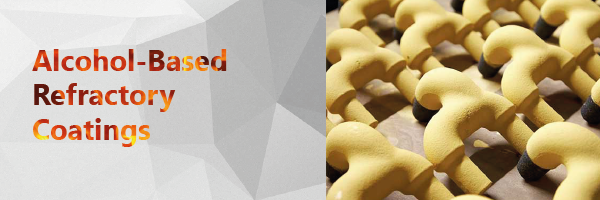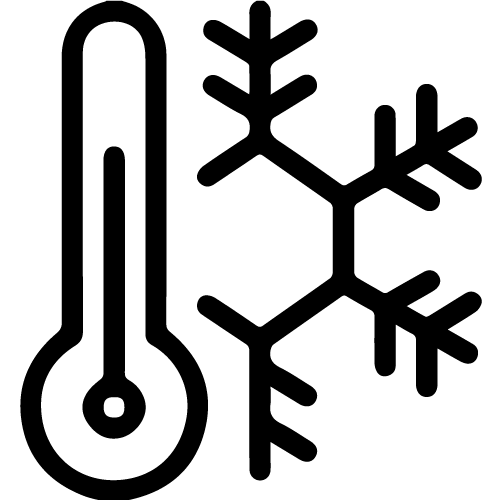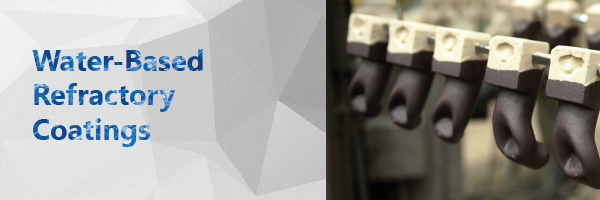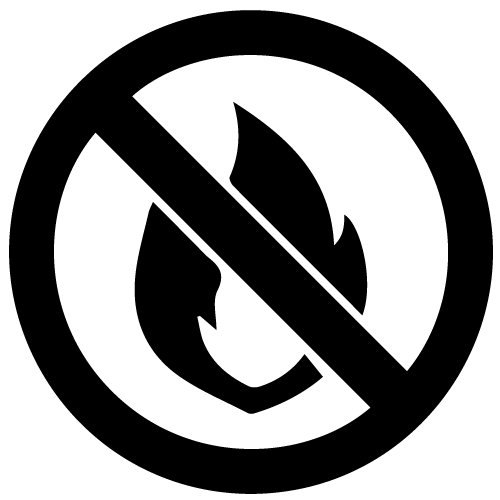The refractory coatings, designed and manufactured by Çukurova Kimya with long-term experience and engineering ability prevent interactions that will be occurred at the sand-metal interface. It provides excellent surface quality by creating a refractory barrier. As a result of this advantage, labor costs are decreased and the production rate is increased.
Physical interaction and chemical reactions occurred in a short time at the sand-metal interface while casting. This phenomena adversely affects the surface quality of the casting. The application of mold and core coating is a reliable solution in order to reduce and prevent surface defects on cast parts.
● The coating should have been as a suspension to allow mixing.
● Easy to apply in the process.
● Perfect interaction with the sand mold surface.
● After the drying process, the coating layer on the surface of the part should not tend to blister, crack and dust.
● The coating should be sufficient refractory properties against molten metal.
● Gas permeability should be suitable.
● Physical, rheological and chemical properties should be maintained within the recommended
● Refractory materials should be determined according to casting alloys
● Selection of application method and appropriate types of equipment
● Selection of refractory coating form (ready to use, premix, paste)
● Alcohol or water-based refractory coatings
● Selection of drying method
● Packing types (Y-container, jerrican, drum)











